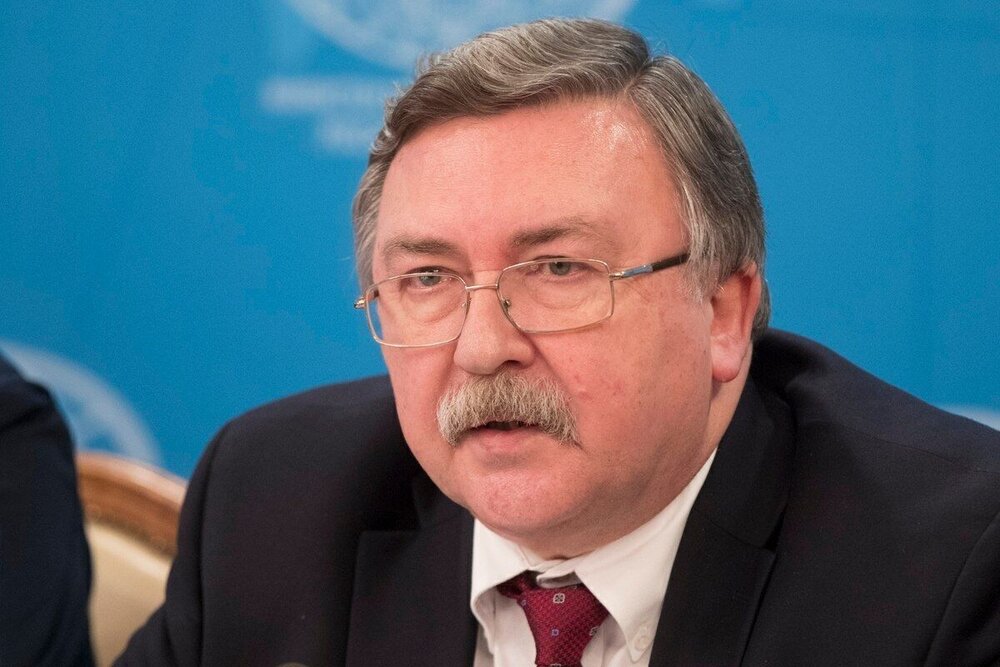JCPOA revival premised on U.S. political will: Russian diplomat

TEHRAN - The fate of the Vienna negotiations to revive the Iran nuclear agreement solely hinges on Washington's seriousness, according to Russia's permanent envoy to international organizations in Vienna.
In an interview with the Russian daily Izvestia published on Friday, Mikhail Ulyanov stated that the ball of fruitfulness of the Joint Comprehensive Plan of Action (JCPOA) is in U.S. court.
He stated that the outcome of the current round of negotiations, whether successful or failed, "depends almost totally on the United States and on their willingness to engage and seek an acceptable solution."
The envoy said that Washington "halted" the negotiations because of the midterm congressional elections on November 8.
He expressed confidence that the talks will be finalized after the U.S. election in late November because the most recent round of talks did not result "negatively."
The Russian diplomat also believes that an agreement between the parties can be reached “in a very short time” as just a few issues have remained and they just need a “political will.”
When former U.S. president Donald Trump withdrew Washington from the 2015 nuclear agreement and levied severe economic sanctions against Iran as part of his "maximum pressure" policy in May 2018, the present crisis over Iran's nuclear program was precipitated.
The negotiations to save the deal began in the Austrian city of Vienna in April of last year, months after Joe Biden succeeded Trump, with the goal of determining how serious Washington was about rejoining the accord and lifting sanctions against Iran.
In an apparent attempt to place the blame for the broken diplomatic process squarely on Iran, U.S. special envoy for Iran Robert Malley stated earlier this week that the talks are "not even on the agenda."
Malley claimed that Iran's attitude is "inconsistent with a return to the agreement" and that Iran makes "demands that have nothing to do with the JCPOA," which is why the negotiations have come to a halt.
Malley said when asked about the chances of the negotiations: “It’s not the focus because there’s no movement. We will see whether this is a government that is interested in reaching that deal. But at this point, the focus is on what’s happening around because the talks are stalled.”
Before it could rejoin the accord, Iran required that the United States give guarantees that it would not withdraw from the JCPOA again. The absence of a legally binding promise from Washington has made Iranian negotiators doubt the Biden administration's commitment to the negotiations.
Nasser Kanaani, the spokesman for the Iranian Foreign Ministry, reiterated the Islamic Republic's commitment to the negotiations last week.
“The Islamic Republic of Iran’s approach is to remain in the course of negotiations so as to reach a lasting and sustainable agreement that would simultaneously guarantee the fundamental interests of the government as well as those of the Iranian nation,” Kanaani added.
He said that the three EU agreement participants—France, Britain, and Germany—as well as the United States—have connected the discussions to the most recent disturbances in Iran, stating that Tehran will not tolerate foreign meddling in its internal affairs.
In order for the talks to succeed, the spokesperson also made it clear that Tehran is poised for bilateral contact with all sides.
Leave a Comment